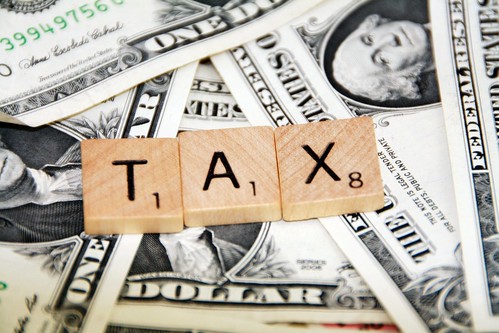Introduction
Facing financial challenges can be overwhelming, but understanding your options is the first step toward a fresh start. In this blog post, we’ll explore key aspects of Chapter 13 and Chapter 7 bankruptcy, shedding light on income considerations, the filing process, and the significance of proof of claim. If you’re considering bankruptcy, this guide is your compass through the intricate terrain of financial relief.
Chapter 13 Bankruptcy: A Tailored Repayment Plan
Chapter 13 bankruptcy is often referred to as the “wage earner’s plan.” It allows individuals with a regular income to create a structured repayment plan spanning three to five years. This plan considers your income, expenses, and debts, providing a realistic path to regain financial stability.
Understanding the Role of Income in Chapter 13
Chapter 13 bankruptcy hinges on your ability to propose a feasible repayment plan based on your income. Your attorney will work closely with you to determine the appropriate monthly payments to creditors, aiming for a fair distribution of your disposable income.
Chapter 7 Bankruptcy: A Fresh Start through Liquidation
In contrast, Chapter 7 bankruptcy involves liquidating non-exempt assets to pay off creditors. This form of bankruptcy is suitable for individuals with minimal income or those facing overwhelming debt that cannot be realistically repaid. Most people do not have any of their assets liquidated, since the law contains exemptions that protect these assets. A bankruptcy attorney can work with you to determine the best way to exempt your assets.
Navigating the Filing Process
When filing for bankruptcy, it’s crucial to understand the nuances of Chapter 13 and Chapter 7. Your attorney will guide you through the documentation process, helping you compile the necessary information for a successful filing.
Filing for bankruptcy requires comprehensive financial disclosures, including income details, assets, debts, taxes, and living expenses. You and your attorney should ensure accurate and thorough documentation, optimizing your chances of a successful bankruptcy discharge.
Proof of Claim: Securing Creditors’ Interests
In both Chapter 13 and Chapter 7 bankruptcy, creditors play a vital role in the process. A proof of claim is a document filed by creditors outlining the amount owed by the debtor. This document is crucial in determining how assets are distributed or how much is repaid in Chapter 13 bankruptcy.
The Importance of Proof of Claim
Creditors must file a proof of claim to be eligible for a share of any funds available for distribution. This document details the nature of the debt and the amount owed, ensuring transparency in the bankruptcy process.
Your bankruptcy attorney will closely scrutinize proof of claims to protect your interests, questioning any discrepancies and advocating for a fair distribution of available assets or funds.
Conclusion: A Stepping Stone to Financial Recovery
Navigating the complexities of Chapter 13 and Chapter 7 bankruptcy requires professional guidance. A skilled bankruptcy attorney can tailor a strategy based on your income, shepherd you through the filing process, and advocate for your interests during the proof of claim stage. If you’re considering bankruptcy, seize the opportunity for a fresh financial start with the support of experienced legal counsel.



![Reblog this post [with Zemanta]](https://img.zemanta.com/reblog_e.png?x-id=d0668212-4a4e-420e-aa54-b70a14050540)
